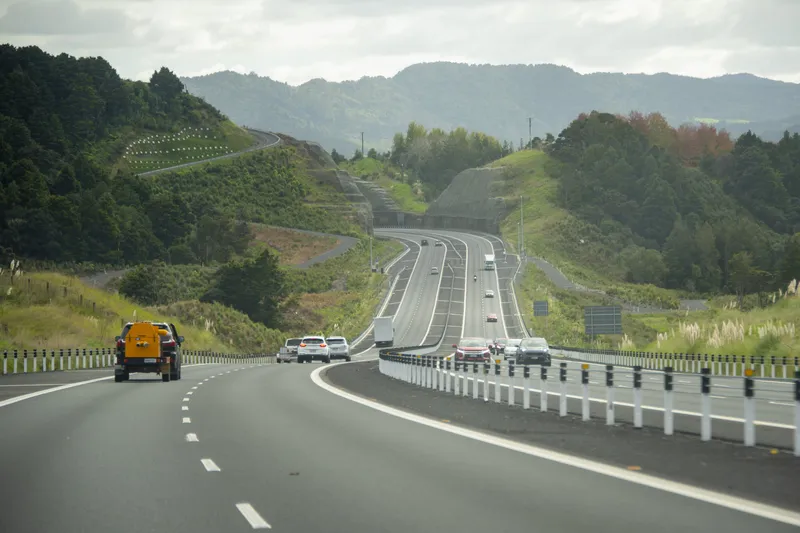Brazil’s government announced plans in 2012 to sell state asset to private investors through long term concession deals that would give the winning bidder the right to operate roads, rails and ports, many once built by the government, for around 30 years.
The government is now looking to contain the risk involved with high tolls during the privatisation process for roads, and will initially auction off motorways with the lowest tolls.
September 19, 2013
Read time: 1 min
Brazil’s government announced plans in 2012 to sell state asset to private investors through long term concession deals that would give the winning bidder the right to operate roads, rails and ports, many once built by the government, for around 30 years.
The government is now looking to contain the risk involved with high tolls during the privatisation process for roads, and will initially auction off motorways with the lowest tolls.
According to Transport Minister Cesar Borges, the roads are being split into groups of those with the greatest interest for investors. The BR-163 in Mato Grosso, BR-060/153/262 between Brasilia, Goiania and Betim, and BR-040 from Brasilia to Juiz da Fora will be put out to tender. However, studies for the BR-040 are to be delivered in September 2013 and the interest will depend largely on the investment needed.
The government is now looking to contain the risk involved with high tolls during the privatisation process for roads, and will initially auction off motorways with the lowest tolls.
According to Transport Minister Cesar Borges, the roads are being split into groups of those with the greatest interest for investors. The BR-163 in Mato Grosso, BR-060/153/262 between Brasilia, Goiania and Betim, and BR-040 from Brasilia to Juiz da Fora will be put out to tender. However, studies for the BR-040 are to be delivered in September 2013 and the interest will depend largely on the investment needed.










